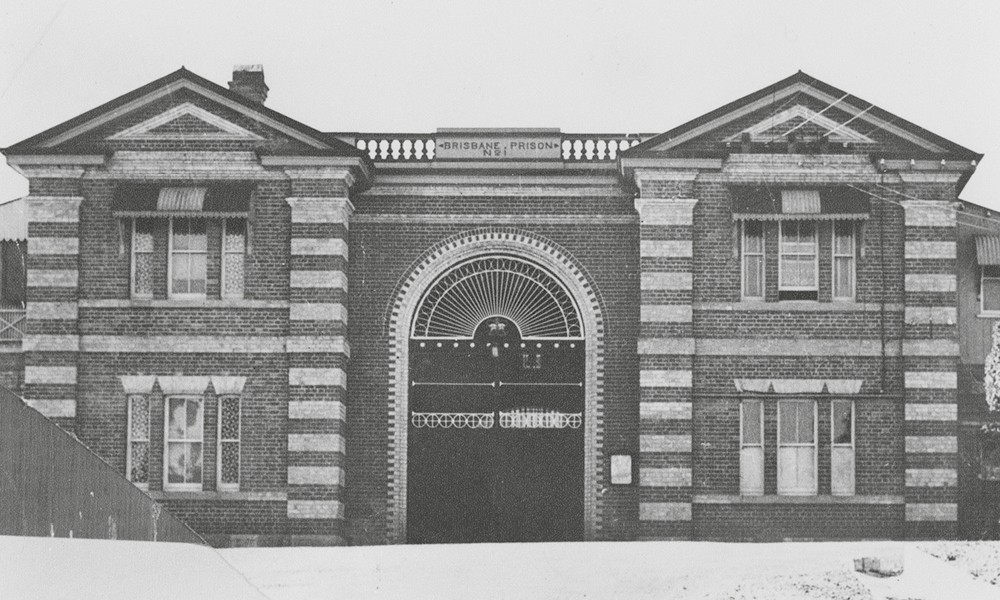Remember the hoary old mantra, ‘a lawyer who acts for themselves has a fool for a client’?
Longevity has created another version of it: ‘A lawyer who acts for their ageing parents has two fools for a client.’
Sure, we all do it for our parents. It’s almost a duty – their conveyancing, their wills and other garden or run of-the-mill services. We’ll even act for them under an enduring power of attorney (EPOA). We’re the family legal aid office.
And, as our parents age and their needs and reliance on us increase, we feel a heightened filial duty to help. After all, ‘helping’ is a form of reciprocity or reimbursement for your parents’ earlier sacrifices and investment in you. Without that, you probably wouldn’t be in the position of being the ‘in-house’ lawyer. Perish the thought should you ever suggest an ‘out-house’ solution to their legal issues.
Not only that, in your parents’ later lives the pressure can build from other sources – your siblings. There is a general expectation that each one will volunteer their expertise for the benefit of the common cause – your parents. God forbid if, amongst you and your siblings, there is an accountant, a nurse, a doctor, a physiotherapist and you, the lawyer. You’ve got the field covered! But with such a breadth of expertise, you would expect that you could, individually and collectively, address and solve every nuance in your parents’ ageing lives.
Well think again. The family committee of experts can be very good at giving credence to another old saying, ‘a camel is a horse designed by a committee’.
Here is a story which needs to be recounted as a warning:
Denis was a mature-age lawyer.
He had three siblings, none of whom had any formal qualifications, but plenty of life experience.
Denis was a filial son to his ageing parents, aged 93 and 89 respectively.
Given the relatively limited achievements of his siblings, who were generally a disappointment to the parents, Denis was the family star – he was the go-to person.
For many years, he had also carried a weight on his shoulders – an emotional debt to his parents. Being the only one who showed any early promise in the achievement stakes, he was often bestowed with preferential treatment by his parents to ‘give him a leg up’, as they put it.
As luck would have it, his parents were now at that familiar tipping point in their later lives. Mum and Dad needed residential aged care.
His parents were full age pensioners and not particularly well off, having, at least in part, expended a lot of their parental largesse on subsidising Denis’ path to the top of his profession (and his big law firm).
Denis had a high opinion of his talent in his chosen specialty of cross border transactions. To be fair, it was an opinion shared by others. His view of his capabilities extended to a belief that, after a bit of web browsing and selfeducation, it wouldn’t be that hard to navigate our aged-care system and steer his parents through the choppy seas.
Denis made an initial reconnaissance in the area and then, in a secret conversation with himself, lamented about what a maze he had entered, but he didn’t think it necessary to seek appropriate specialised advice, at the very least from a financial adviser and lawyer.
Besides, that would all cost money his parents didn’t have. It wasn’t helped either when he mentioned to his spouse that perhaps they might chip in themselves to help out. His spouse went slightly apoplectic mumbling along the lines of, “And what about my parents?”
All family eyes were on Denis. Some readers may remember one of the very first American sitcoms from the 1950s called Leave it to Beaver. Denis’s family was very much in the same mould, ‘Leave it to Denis’.
As expected, he took control of the process wearing his three hats – son, lawyer and EPOA. Word limits prevent me from detailing the quasi-disaster he managed to create for his parents’ later lives. In summary:
- He created, inadvertently, a Centrelink investigation of his parents, financial affairs owing to a failure to complete the paperwork accurately and his financial dealings with them, below.
- Because shared rooms in aged care are as scarce as hen’s teeth, when the opportunity to get one arose, he was unprepared and had to, secretly (that is, not tell his spouse), contribute some of his own money to pay the necessary refundable accommodation deposit to the aged care facility.
- He didn’t document his financial assistance to his parents, which was also a potential further problem due to the spectre of conflicts of interest for him as EPOA.
- He failed to consider the implications of the financial rearrangements on his parents’ wills, including the sale of their home which had been subject to a life interest to a disabled adult child.
- He never read the residential care agreement, being satisfied that it was a ‘standard industry document’ and didn’t appreciate certain issues as a result. For example, when one of his parents died, the other parent would have to move out of the room into another room or, alternatively, share the room with a stranger.
- He was constantly on the back foot with his siblings in response to their incessant inquisitions and their pleas of ‘what’s happening?’
But for fellow travellers like you and me, there was another killer punch. Not having realised the extraordinary and incessant demands on his time that this process entailed, his work started to suffer and, in particular, his billable hours. The managing partner was quick to notice and was want to have some regular chats with Denis. The last one was ominous –‘Buck up or shift out!’
When he was in my office, he was a very sad sight – ‘DIY Denis’ was reduced to ‘WIM (woe is me) Denis’.
He was forced to leave his firm, his spouse discovered the financial sneakiness and he promptly had to move out. His siblings don’t talk to him anymore. But his parents are happy, apparently.
Some stories have a moral, as this one does. Hopefully, it is obvious. If not, call me and I will explain.
This article appears courtesy of the QLS Elder Law Committee. Brian Herd is a partner at CRH Law and a member of the committee.
This story was originally published in Proctor April 2020.














Share this article